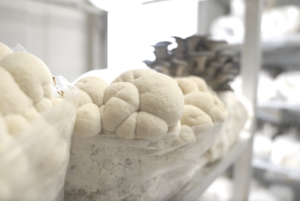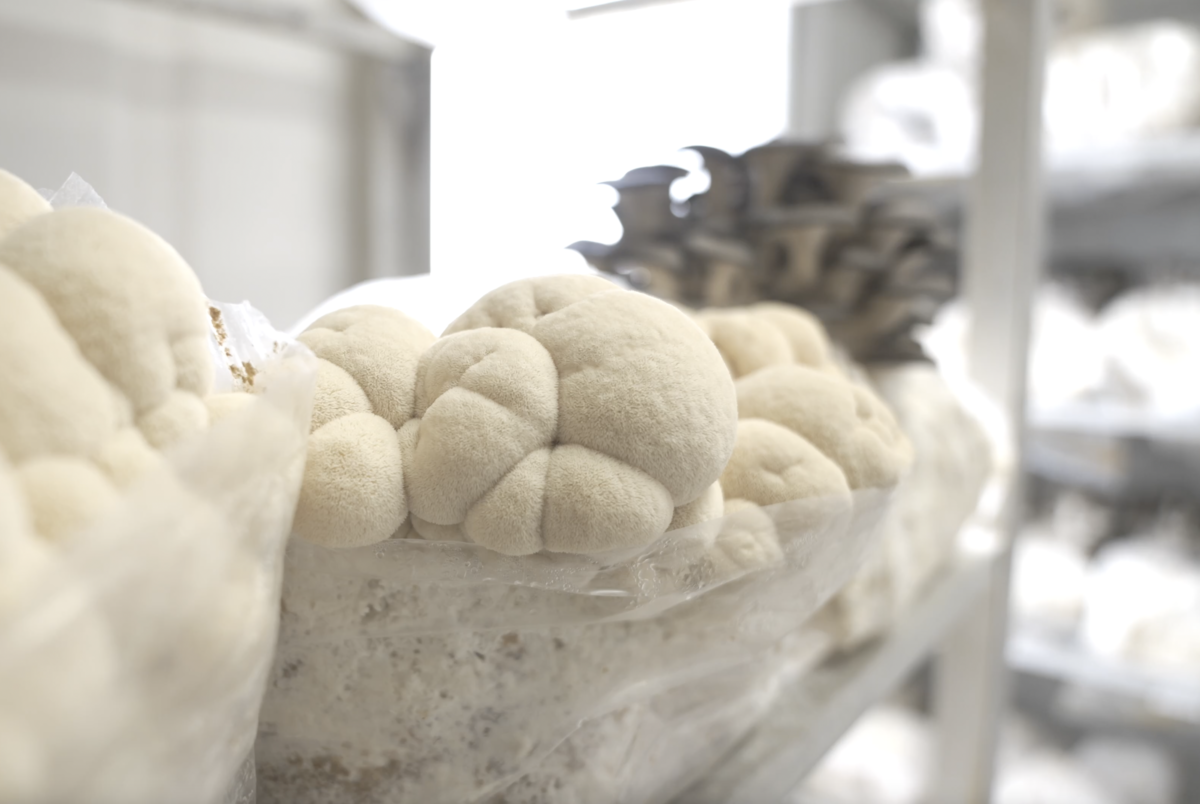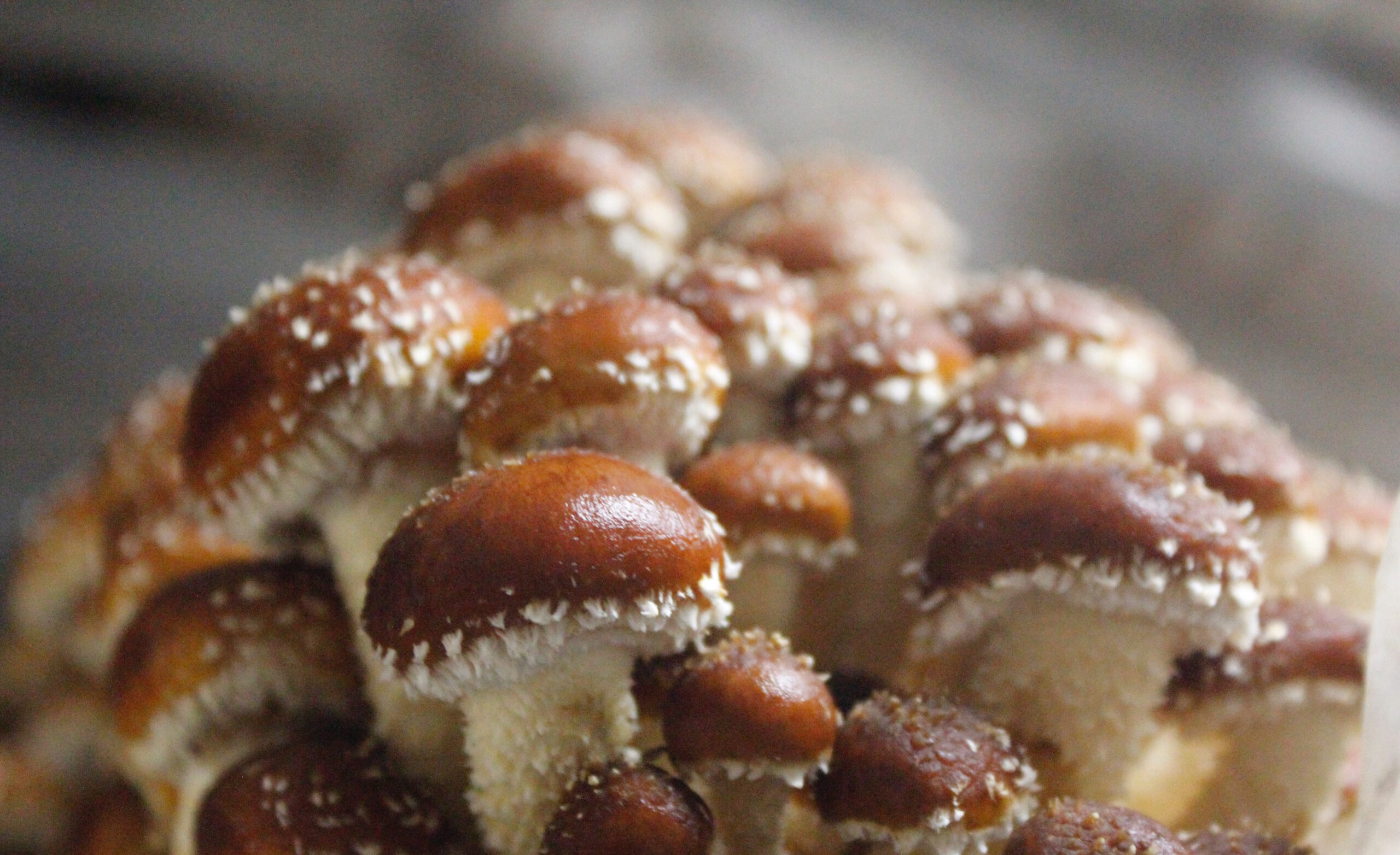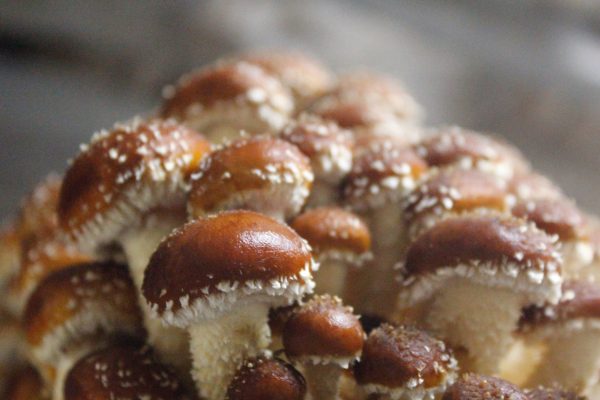Edible mushrooms have been consumed by humans for thousands of years and are a popular ingredient in various cuisines around the world, but there’s still much to be learned about their nutritional benefits and potential for reducing the risk of chronic illnesses. 
Luckily, the science community is putting a greater focus on fungi, which has become a more ubiquitous element of dishes across many cultures in recent years.
Mushrooms belong to a separate kingdom of organisms from plants and animals. They have unique nutritional profiles and are a good source of dietary fiber, antioxidants, vitamins (such as B vitamins and vitamin D), and minerals, such as selenium, copper, and potassium.
Some commonly consumed edible mushroom varieties include shiitake, oysters, portobello, cremini, enoki, trumpets, button, lion’s mane and more. Edible mushrooms are used in a wide range of culinary preparations, including soups, stir-fries, sauces, stews, salads, and even as a meat substitute in vegetarian and vegan dishes.
Mushrooms are typically low in calories and fat, making them a healthy choice for those watching their weight or following a low-fat diet.
Edible mushrooms are known for their umami flavor, which is a savory taste sensation often described as “meaty” or “earthy.” The unique flavor profile makes them a versatile ingredient in many dishes.
Mushrooms are the only non-animal food source of vitamin D. When exposed to sunlight or ultraviolet light, they can naturally synthesize vitamin D, which can be beneficial for individuals with limited sun exposure.
Some edible mushrooms, such as shiitake and maitake mushrooms, have been studied for their potential health benefits, including immune system support and anti-inflammatory properties. Likewise, lion’s mane has been identified as a booster for cognitive function.
FarmBox Foods has designed and manufactured a high-output, all-in-one mushroom cultivation container, which comes with a ribbon mixer to create your own substrate, a steam cabinet to pasteurize the substrate, a clean lab, incubation room, and a fruiting room. It’s a centerpiece of the Colorado company’s suite of containerized farms. It allows for commercial scale growing of oysters, lion’s mane, enoki, chestnut, trumpet, reishi and more.
It’s worth noting that while many mushrooms are edible and safe to consume, there are also poisonous varieties. It is crucial to have proper knowledge and identification skills or to rely on trained experts when foraging wild mushrooms.



